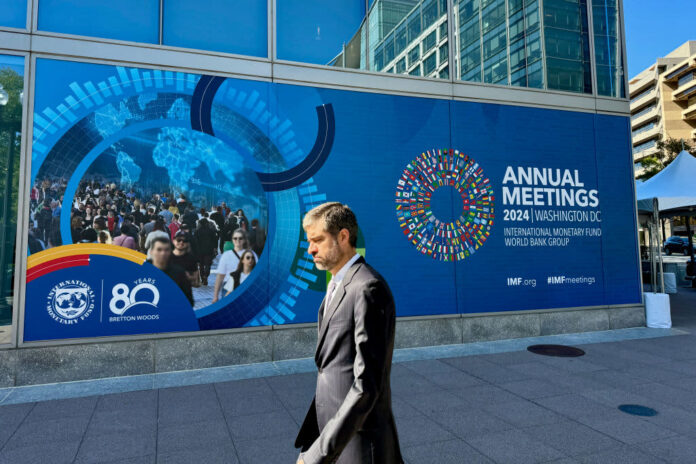The International Monetary Fund (IMF) reports that many countries have managed to lower inflation and avoid recession, but face increased geopolitical risks and slow long-term growth.
Global inflation is expected to decrease to 3.5% by the end of 2025, down from 5.8% in 2024. Inflation peaked at 9.4% in Q3 2022, but this rate is still below pre-pandemic averages.
The IMF claims, “The global battle against inflation is almost won,” but warns that additional measures on interest rates, government spending, and productivity reform are needed.
Despite some positive inflation trends, global growth is projected to be only 3.2% for 2024 and 2025, which is seen as unsatisfactory. While the U.S. is expected to grow faster, advanced economies, especially in Europe, are experiencing a decline due to rising global conflicts and commodity price risks.
Need for Careful Monitoring as Inflation Decreases
The IMF states that careful monetary policy helped lower inflation while stabilizing the job market. Central banks must continue to watch inflation closely, as service sector inflation remains high with rising wages.
Lower-income nations, where food and energy costs take up a larger share of household budgets, are especially vulnerable to inflation spikes. They also face challenges with sovereign debt repayment which stresses public funding.
Market Volatility Poses Risks
The IMF warns that increased financial volatility can impact global growth. Issues seen in markets earlier this year have caused concerns over economic stability.
If inflation persists, market volatility could hinder growth, especially affecting poorer countries already facing debt and market instability.
Other risks include geopolitical tensions, especially in the Middle East, volatile commodity prices, and weak growth rates in major economies like China and parts of Europe.
The IMF predicts that global growth could slow to 3.1% annually by the end of the decade, indicating a long road to enhance income levels between poorer and richer nations and potentially increasing income inequality.
`

